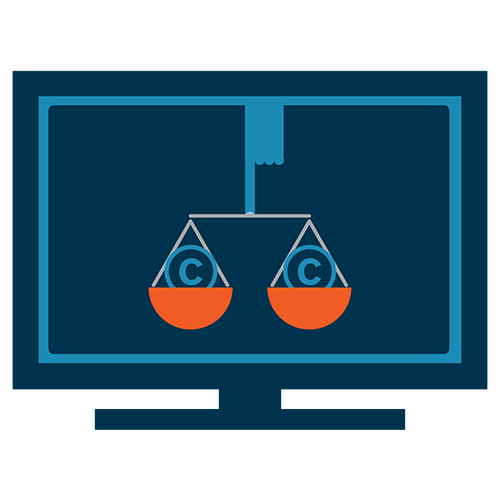The Paris Court of appeal found the company “Pin” guilty of unfair competition by taking unfair advantage of the notoriety of Coty’s fragrances and by denigrating its competitors.
Who: Paris Court of Appeal
Where: France
When: 17 March 2017
Law stated as at: May 2017
What happened:
On 17 March 2017, the Paris Court of Appeal found that the Luxembourg Company “Pin”, which owns and operates the website www.pirate-parfum.fr , was liable for taking unfair advantage of the distinctive character or reputation of perfume brand Chloé, distributed by Coty France. The French court also ruled that by alleging on its website that it was the only company allocating only 5% of the price of its products to marketing whereas this number amounted to 95% for its competitors, Pin had made disparaging comments which disguised the reality and discredited the commercial practices of its competitors, while unfairly benefitting from their investments with respect to advertising.
Indeed, the Court considered that selling on-line fragrances, while suggesting that they bore the same main characteristics as well-known fragrances, constituted taking unfair advantage of the distinctive character or reputation of the marks under which they are sold. According to the Paris Court of Appeal, Pin had attempted to ride on Coty’s reputation and enjoy the benefit of the money invested by Coty France to promote its products.
This decision is also a good occasion to underline the borders between unfair competition and comparative advertising.
Reference to CJEU denied
In an attempt to defend its position, Pin asked the Paris Court of Appeal to refer to the Court of Justice of the European Union (CJEU) for a preliminary ruling on the interpretation of article 4(f) of EU Directive 2006/114/EC relating to the conditions of lawfulness of comparative advertising (transposed into French law under article L.121-9 of the French Consumer Code). To support this need of interpretation, Pin referred to a decision of the Berlin Court of Appeal in Germany, which held that the reference to Coty’s trademarks on Pin’s German website (which is identical to the French website) was legal as these “belonged to the same olfactory family”.
The Paris Court of Appeal of Paris, however, refused to refer the questionto the CJEU for the following reasons:
(i) on a previous case[1], Pin had been found liable for trademark infringement and unfair comparative advertising based on the same facts and had asked the Court of Appeal to refer a question to the CJEU. On this occasion, the Court of Appeal had agreed to do so and stayed proceedings while the CJEU ruled on the same type of interpretation. Therefore, in the present case the Court of Appeal decided that there was no need to refer to the CJEU again; and
(ii) The grounds of the original claim by Coty were unfair competition and not comparative advertising and therefore the Court of Appeal considered that it was not relevant to seek guidance from the CJEU on the Comparative Advertising Directive.
Findings on unfair competition
In the present case, then, the Court of Appeal focused on the ground of unfair competition which was the basis of Coty’s action. It held that:
- Unfair advantage is made out under French law when creating an “identity card” for a fragrance based on the characteristics of another well-known fragrance and trademark. Therefore, in order to not be found liable for unfair competition, one should not describe ones products by referring to the characteristics of competitor products.
- By alleging that contrary to its competitors, it invested only 5% of the price of the products in marketing and 95% on the product itself – while in fact the company does not need to invest in marketing because it relies on investments made by its competitors – it unfairly discredited the work of its competitors and wass guilty of denigration.
Why this matters:
This decision can help identify which kind of comparative advertising strategy could be considered unfair competition under French law. Moreover, it may prove useful for marketing teams to know where to draw the boundary when creating advertising campaigns and setting up websites.
Furthermore, we will monitor the CJEU’s upcoming decision on the interpretation of article 4f) of the Directive[2]which may help assessing the laws of Member States relating to trade marks, misleading and comparative advertising.
[1] TGI Paris, 3e Ch. 3e Section, 11 avril 2014, RG 12/02594.
[2] stating that: “Comparative advertising shall, as far as the comparison is concerned, be permitted when the following conditions are met: (….) (f) it does not take unfair advantage of the reputation of a trademark, trade name or other distinguishing marks of a competitor or of the designation of origin of competing products”.








